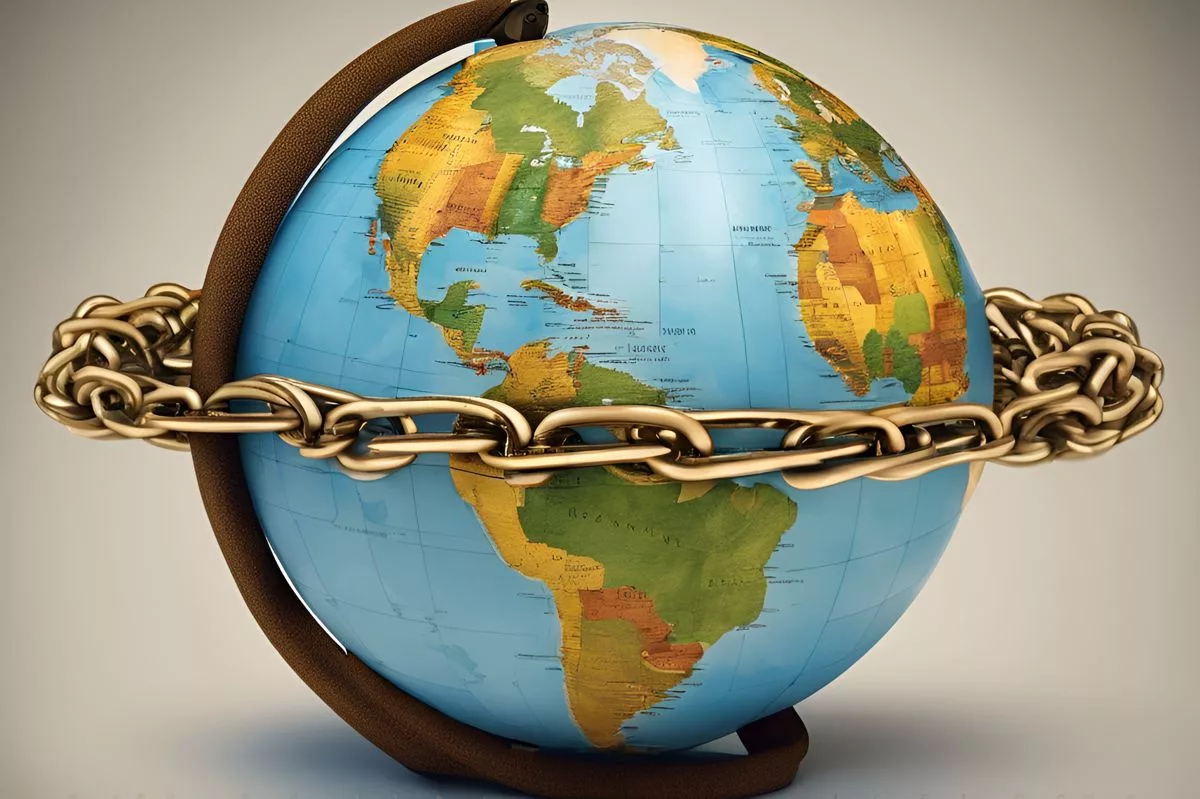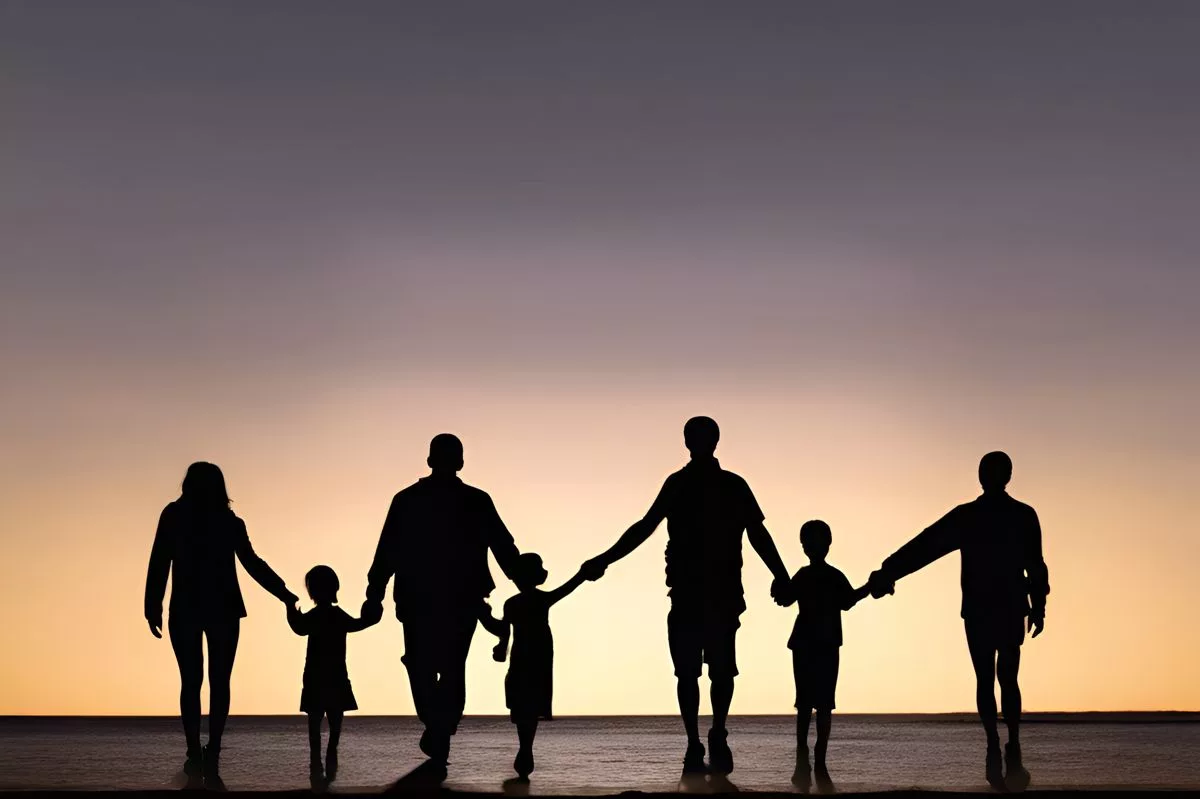South Africa is committed to upholding human rights both domestically and globally, reflected in its Constitution and Bill of Rights. The country plays a significant role in the Human Rights Council, advocating for international legal mechanisms and addressing polarization and double standards related to human rights. South Africa supports the United Nations in promoting freedom and self-determination for all individuals, advocating for the liberation of oppressed communities such as Palestine and the Sahrawi Arab Democratic Republic. Minister of South Africa, Naledi Pandor, made a stirring address at the 55th Session of the Human Rights Council, emphasizing the need for a fair multilateral system to protect human rights worldwide.
South Africa’s Role in Upholding Human Rights
South Africa’s commitment to human rights is reflected in its Constitution and Bill of Rights, as well as its dedication to eradicating all forms of discrimination globally. The country plays a significant role in the Human Rights Council, advocating for the implementation of international legal mechanisms and addressing existing polarization and double standards related to human rights matters. South Africa also supports the United Nations in promoting freedom and self-determination for all individuals, advocating for the liberation of oppressed communities such as Palestine and the Sahrawi Arab Democratic Republic.
South Africa’s Standpoint at the Council
In a stirring demonstration of diplomatic grace, nationalistic fervor, and unwavering determination, Naledi Pandor, the Minister of South Africa, made her address at the 55th Session of the Human Rights Council. As the South African ambassador, she represented her country’s core beliefs and ethos. Her discussion revolved around the present human rights scenario in South Africa and around the globe.
The year 2024 carries considerable emblematic significance for South Africa as it denotes 30 years since the nation’s constitutional democracy was established. This landmark is a tribute to the nation’s odyssey from apartheid to a society built upon the principles of equality, dignity, and human rights respect.
The South African Constitution and Bill of Rights
South Africa’s Constitution, the bedrock of its democracy, is inspired by crucial international protocols, including the universally acclaimed Declaration of Human Rights. The South African Bill of Rights, which is an indispensable component of the Constitution, acknowledges and maintains the inherent worth of every individual. This dedication to international law has greatly influenced South Africa’s foreign policy, serving as its beacon in the intricate maze of international affairs.
Notably, South Africa, in its post-apartheid era, has made remarkable progress in executing the stipulations of the Bill of Rights. The nation has been steadfast in ensuring that its human rights criteria align with international legal mechanisms, demonstrating its dedication to equality and justice.
South Africa’s Impact on Global Human Rights
However, South Africa’s commitment to human rights isn’t confined solely within its territorial boundaries. The nation plays a vital role in the Human Rights Council, working relentlessly to keep the council pertinent and effective.
Minister Pandor, nevertheless, voiced apprehension regarding the present divisions within the Council. She contended that these divisions divert attention from the Council’s primary objective – the victims of human rights violations worldwide. She appealed to the Council to abstain from becoming a political vehicle and to address the existing polarization, selectivity, and double standards related to human rights matters.
During this session, South Africa stressed its dedication to eradicating all forms of discrimination, with a particular focus on racism, racial discrimination, xenophobia, and related intolerance. The nation underscored the necessity of implementing the Durban Declaration and Programme of Action in the contemporary geopolitical scenario, signifying its relentless battle against racism.
South Africa’s Role on Global Stage
South Africa’s dedication to human rights surpasses its domestic and regional limits. The country lends its support to the United Nations in its efforts to ensure freedom and self-determination for all individuals. Advocating for the liberation of the people of Palestine and the Sahrawi Arab Democratic Republic mirrors South Africa’s unwavering commitment to human rights and freedoms on an international scale.
Minister Pandor also addressed the recent conflict in Gaza, expressing her distress over the “unrestricted attacks on the innocent and vulnerable, including children.” She advocated for an immediate, comprehensive ceasefire, the liberation of captives, and the commencement of discussions to alleviate the suffering of the Palestinian people.
While denouncing Hamas for its atrocities against the innocent, the minister also criticized the international community’s inaction over seven decades of occupation. South Africa maintains its resolution in advocating for international peace and security through dialogue and peaceful political resolution of conflicts, signifying its commitment to a peaceful, tolerant, and interdependent global community.
In closing, Minister Pandor highlighted the necessity for a fair multilateral system to tackle current global challenges. She suggested reform in global governance institutions to protect human rights worldwide and urged the Council to react to all violations and abuses impartially. She asserted that upholding this mandate would promote peace and security, thereby fostering sustainable development.
These comments are a testament to South Africa’s commitment to affirming human rights domestically and globally. They underline the nation’s role as an unwavering advocate for human rights in the international forum, as well as its dedication to building a world where every individual is treated with dignity and respect.
1. What is South Africa’s stance on human rights?
South Africa is committed to upholding human rights both domestically and globally, reflected in its Constitution and Bill of Rights.
2. What is South Africa’s role in the Human Rights Council?
South Africa plays a significant role in the Human Rights Council, advocating for international legal mechanisms and addressing polarization and double standards related to human rights.
3. What did Minister Naledi Pandor address at the 55th Session of the Human Rights Council?
Minister Naledi Pandor addressed human rights scenarios in South Africa and around the globe at the 55th Session of the Human Rights Council.
4. What is the South African Constitution and Bill of Rights?
The South African Constitution is inspired by crucial international protocols, including the universally acclaimed Declaration of Human Rights. The South African Bill of Rights, which is an indispensable component of the Constitution, acknowledges and maintains the inherent worth of every individual.
5. What is South Africa’s impact on global human rights?
South Africa lends its support to the United Nations in its efforts to ensure freedom and self-determination for all individuals. Advocating for the liberation of the people of Palestine and the Sahrawi Arab Democratic Republic mirrors South Africa’s unwavering commitment to human rights and freedoms on an international scale.
6. What did Minister Pandor suggest in her closing remarks at the Human Rights Council?
Minister Pandor highlighted the necessity for a fair multilateral system to tackle current global challenges. She suggested reform in global governance institutions to protect human rights worldwide and urged the Council to react to all violations and abuses impartially.










